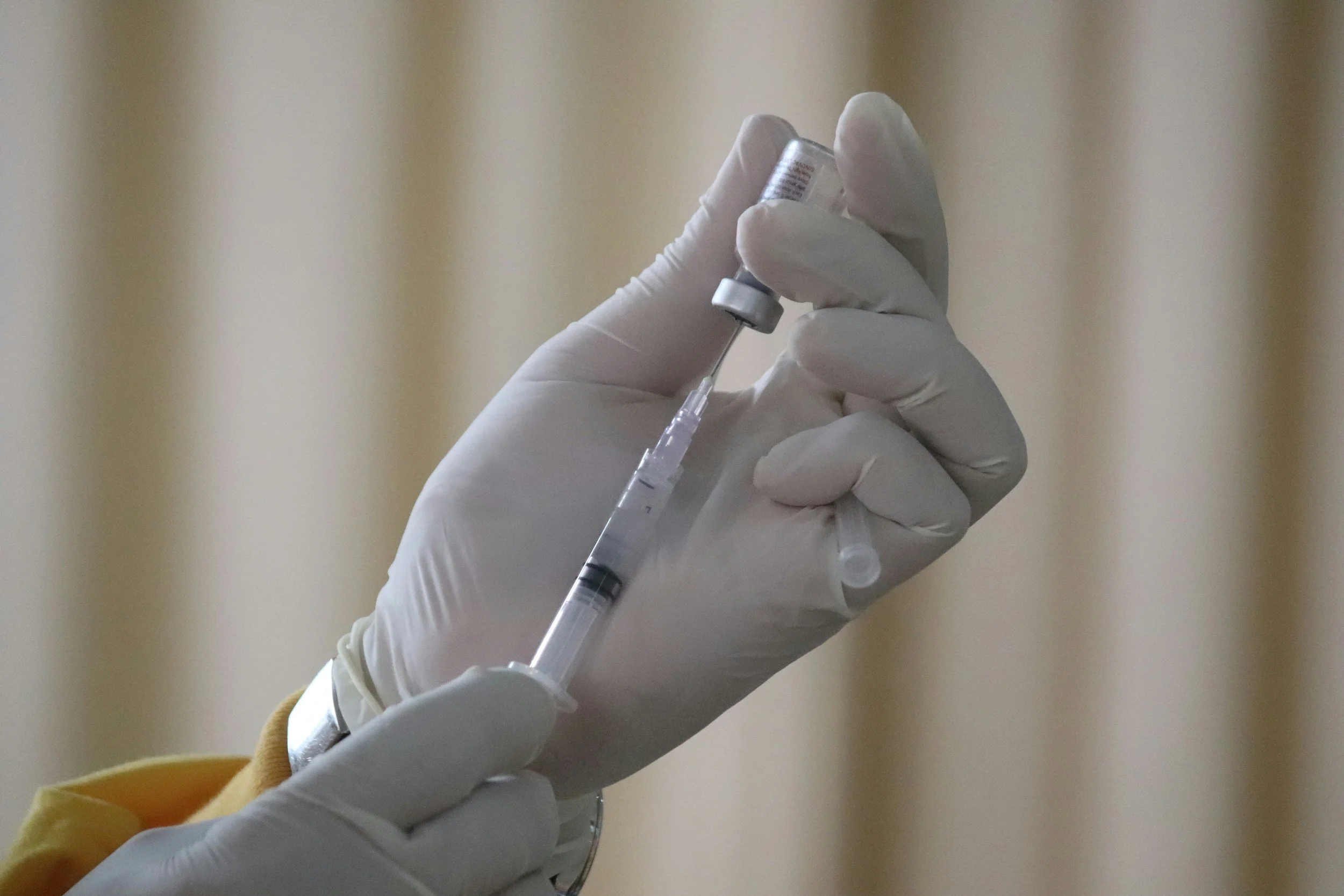Want Long-Term Success using GLP-1s for Weight Loss? Update Your Identity
Over the past few years, GLP-1 medications like Ozempic, Wegovy, Mounjaro, and Zepbound have transformed how many people manage weight and blood sugar. But while these medications can powerfully impact appetite and metabolism, they aren’t magic pills. Some people see profound, lasting results and others don’t. Why the difference?
As a health psychologist, I believe one of the most overlooked, yet critical factors is identity. If you don’t start to see yourself as a healthy person, your habits may only shift temporarily. On the other hand, aligning your identity with health can amplify the benefits of these medications, making change more sustainable, empowering, and meaningful.
Let’s explore why identity-based behavior change matters—and how you can use it to your advantage.
Why Identity Matters More Than Willpower
Most people try to change through behavior first:
“I’ll go to the gym every day.”
“I’ll stop eating sugar.”
“I’ll take my medication and follow the plan.”
This approach treats change like a task list. It can work—for a while—but it doesn’t always last. Why? Because you’re relying on discipline and external motivation.
But what if you started from the inside out?
Identity-based behavior change flips the script:
Instead of trying to act healthy, you start to be healthy.
Instead of forcing discipline, you ask: What would a healthy person do?
When your behaviors are rooted in your identity, they stop feeling like chores—and start feeling like expressions of who you are. That’s a game changer.
GLP-1 Medications: A Window of Opportunity
GLP-1 medications quiet the noise. They often reduce cravings and hunger cues, giving people space to make different choices.
But here’s the catch: If you still see yourself as someone who “isn’t athletic,” or “always struggles with food,” your brain will work hard to get back to familiar territory. Even as your biology is shifting, your self-concept can pull you backward.
The medications open a window. Identity change helps you walk through it and stay there.
How to Build a Healthy Identity While on GLP-1s
Here’s how to make the shift from someone who is “trying to be healthy” to someone who is healthy.
1.START WITH LANGUAGE
Pay attention to how you talk about yourself.
Instead of:
“I’m trying not to eat junk food.”
Try:“I’m someone who cares about how food makes me feel.”
Instead of:
“I have to work out.”
Try:“I’m building strength and energy—because that’s who I am.”
Your words shape your self-image. Speak like the person you’re becoming.
2. STACK SMALL WINS
Every time you make a healthy choice, mentally link it to your identity.
“I went for a walk this morning. That’s what a healthy person does.”
“I paused before eating out of stress. That’s what someone in control does.”
Each of these moments is a vote for your new identity. Enough votes, and the identity sticks.
3. VISUALIZE YOUR FUTURE SELF
Who do you want to be six months from now?
What do they do each day?
What habits are automatic for them?
How do they feel in their body?
Take a few minutes daily to picture this version of you. Then, act in alignment with them—even in small ways.
GLP medications can give you clarity and momentum. Visualization gives you direction.
4. SETBACKS HAPPEN
Identity-based change isn’t about perfection. It’s about consistency with your values.
If you overeat, skip a workout, or feel off-track—don’t say “I failed.” Instead, say:
“That choice didn’t align with who I’m becoming. I’ll choose differently next time.”
This mindset keeps you engaged rather than ashamed. Shame leads to quitting. Identity leads to growth.
Final Thoughts
Medications can change your physiology, but identity shapes your behavior. When you align the two, you get a much more powerful and lasting transformation.
So if you’re taking a GLP-1 medication, don’t just think of it as a tool to lose weight. Think of it as an opportunity to become a healthier version of yourself.
You are not a person who “uses a medication to get by.”
You are a person who prioritizes your health, makes empowered choices, and builds a life that supports your well-being.
And that person? They are worth showing up for today and every day after.

